Publications
Articles, publications, books, tools and multimedia features from the U.S. Institute of Peace provide the latest news, analysis, research findings, practitioner guides and reports, all related to the conflict zones and issues that are at the center of the Institute’s work to prevent and reduce violent conflict.
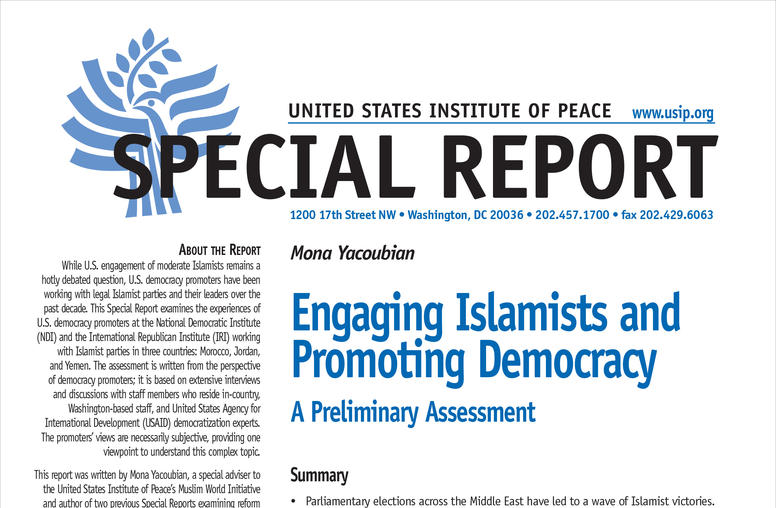
Engaging Islamists and Promoting Democracy: A Preliminary Assessment
While U.S. engagement of moderate Islamists remains a hotly debated question, U.S. democracy promoters have been working with legal Islamist parties and their leaders over the past decade. This Special Report examines the experiences of U.S. democracy promoters at the National Democratic Institute (NDI) and the International Republican Institute (IRI) working with Islamist parties in three countries: Morocco, Jordan, and Yemen.
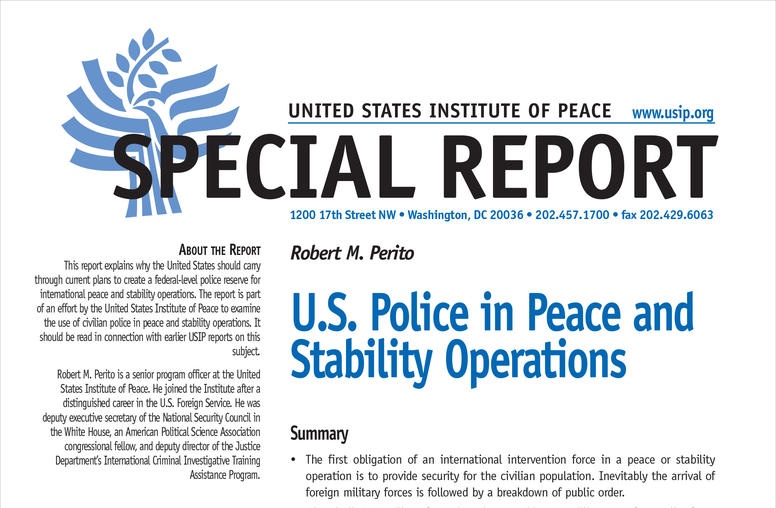
U.S. Police in Peace and Stability Operations
The first obligation of an international intervention force in a peace or stability operation is to provide security for the civilian population. Inevitably the arrival of foreign military forces is followed by a breakdown of public order. The United States should carry through plans to create a federal-level police reserve for international police and stability operations.
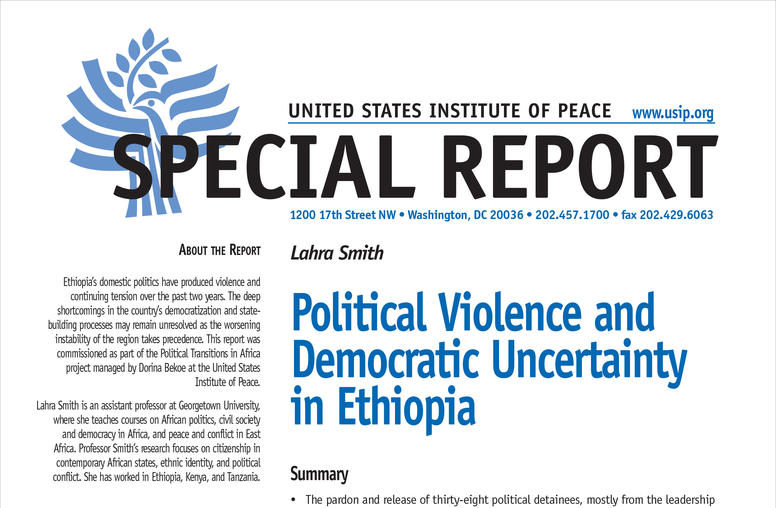
Political Violence and Democratic Uncertainty in Ethiopia
Ethiopia’s domestic politics have produced violence and continuing tension over the past two years. The deep shortcomings in the country’s democratization and state-building processes may remain unresolved as the worsening instability of the region takes precedence.
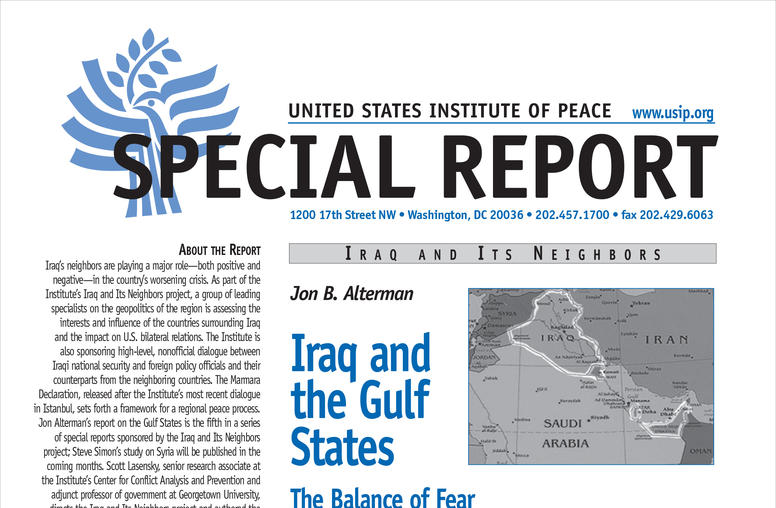
Iraq and the Gulf States: The Balance of Fear
Iraq’s Persian Gulf neighbors supported the U.S. invasion of Iraq in order to preserve the status quo--a weak and self-absorbed Iraq--rather than to impose a new one. However, the overthrow of Saddam Hussein and its aftermath have not brought stability to the Gulf States as much as they have shifted the most serious challenges from external threats (of a hostile Baghdad) to internal threats (the threat of conflict spillover from Iraq).
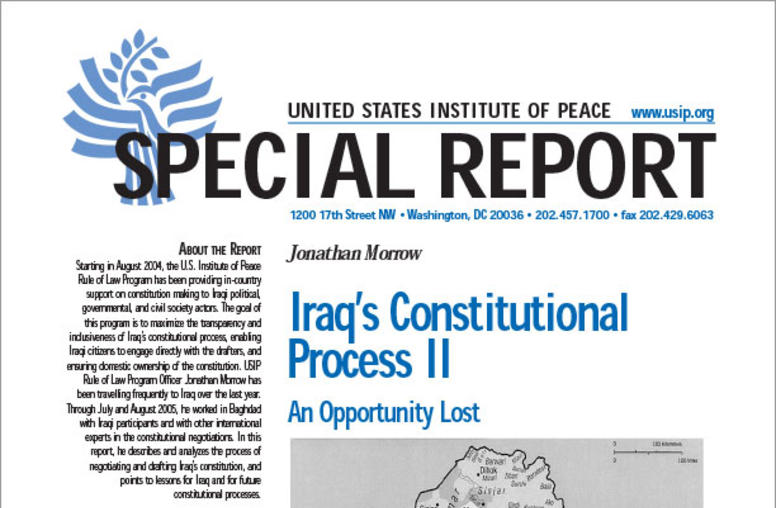
Iraq's Constitutional Process II: An Opportunity Lost
Summary Even with the approval of a permanent constitution in the October national referendum, Iraq’s future is uncertain. Widespread Sunni Arab opposition to the new constitution has confirmed the existence of a fault line that profoundly divides Iraqi society. The Transitional Authoritative Law (TAL) envisaged a six-and-a-half-month, transparent, participatory, and orderly constitutional process. The TAL also provided the option, in Article 61(F), of a further six-month extension....
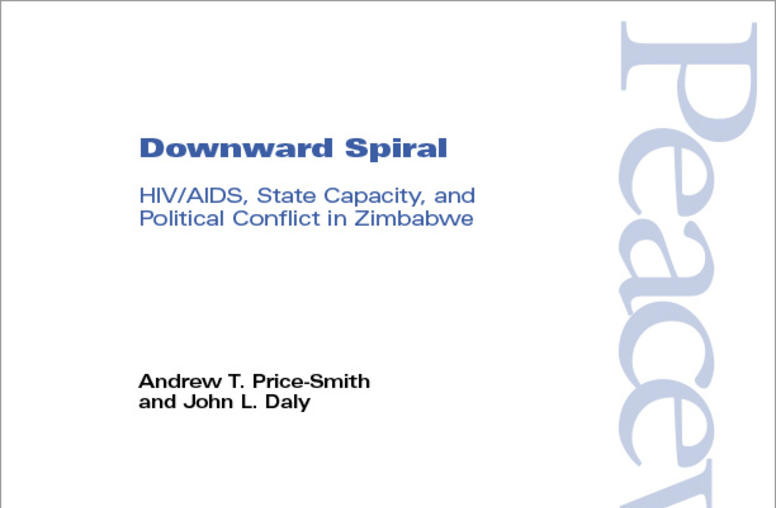
Downward Spiral: HIV/AIDS, State Capacity, and Political Conflict in Zimbabwe
In the post-Cold War era, diverse new threats to long-term global political and economic stability have emerged. Such threats include terrorist activities, the proliferation of nuclear technologies and delivery systems, and biological threats that include both bioweapons and naturally occurring epidemic diseases such as HIV/AIDS.
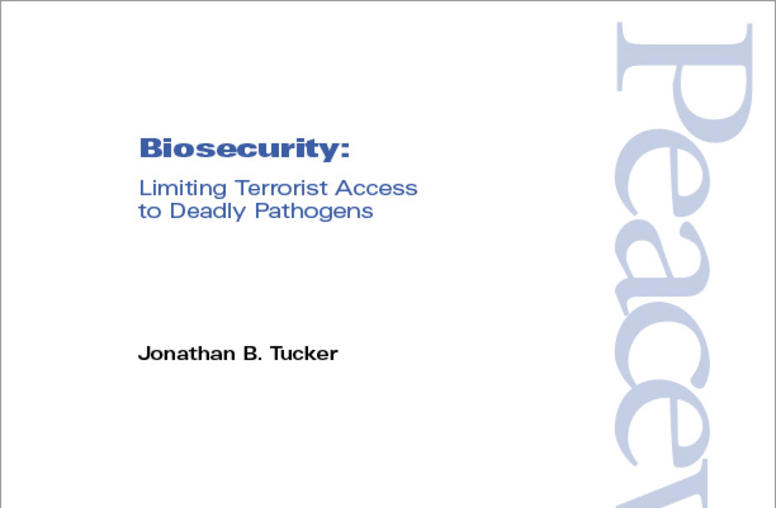
Biosecurity: Limiting Terrorist Access to Deadly Pathogens
In this Peaceworks report, current national and international efforts to prevent terrorists from acquiring dangerous pathogens and argues for the establishment of a set of global biosecurity standards are explored.
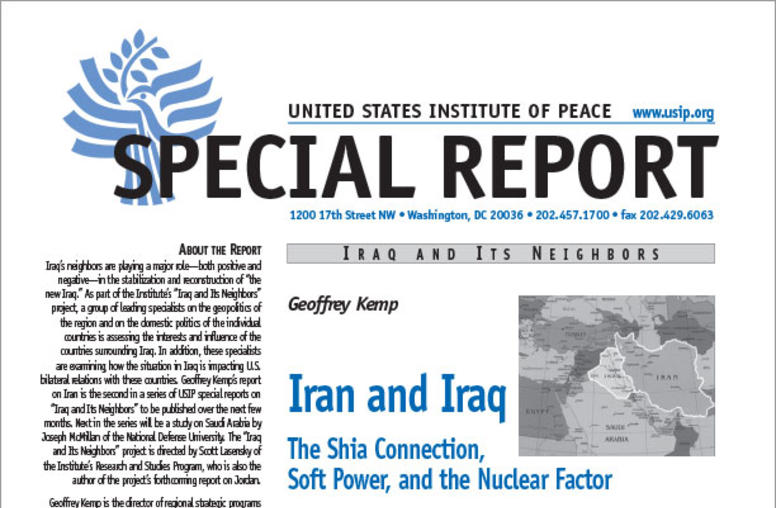
Iran and Iraq: The Shia Connection, Soft Power, and the Nuclear Factor
Summary Predominantly Shiite Iran emerges from the aftermath of Saddam Hussein's fall with considerable power and influence in Iraq as Iraqis themselves struggle to acquire a semblance of unity and forge a new political order acceptable to Iraq's three key groups: Shia, Kurds, and Sunnis. Iran's leaders meet with Iraq's most influential personality, Grand Ayatollah Ali al-Sistani; American diplomats do not meet with Sistani. Iraq's new elected leaders make visits to Tehran and negotia...
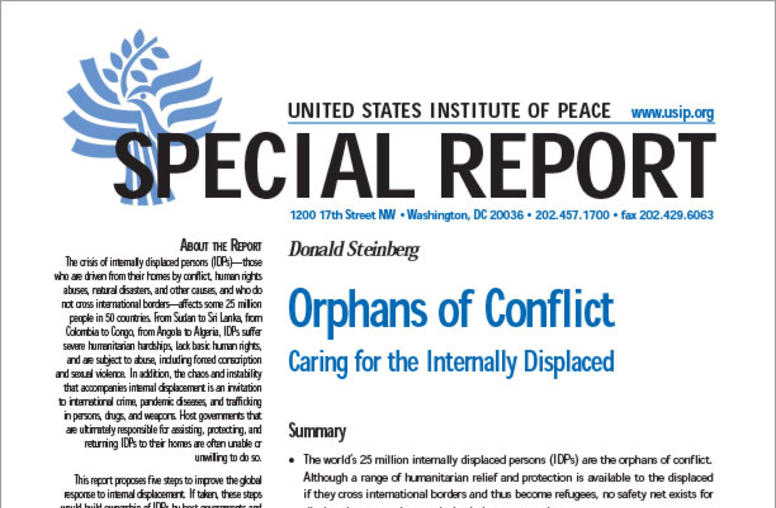
Orphans of Conflict: Caring for the Internally Displaced
This report proposes five steps to improve the global response to internal displacement. If taken, these steps would build ownership of IDPs by host governments and foreign donors, implement rules and standards governing the response, reform the response of the United Nations and the United States, and create a permanent advocacy constituency for IDPs.
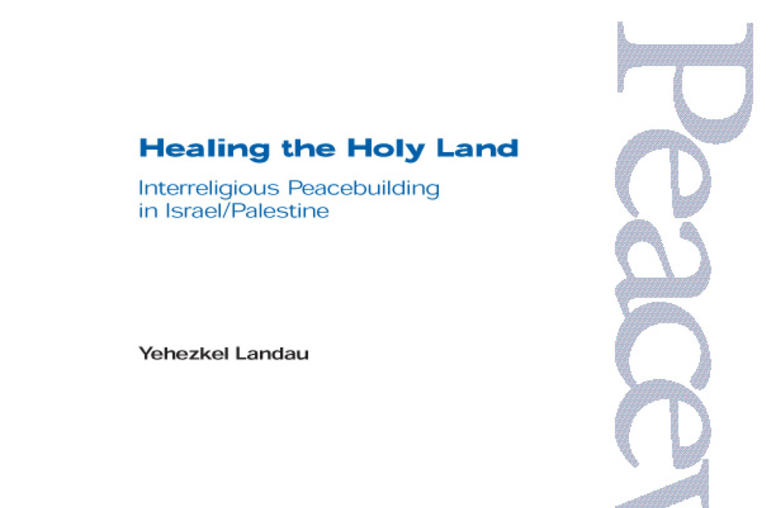
Healing the Holy Land: Interreligious Peacebuilding in Israel/Palestine
Even though the Israeli-Palestinian conflict is primarily a political dispute between two nations over a common homeland, it has religious aspects that need to be addressed in any effective peacemaking strategy. The peace agenda cannot be the monopoly of secular nationalist leaders, for such an approach guarantees that fervent religious believers on all sides will feel excluded and threatened by the diplomatic process.